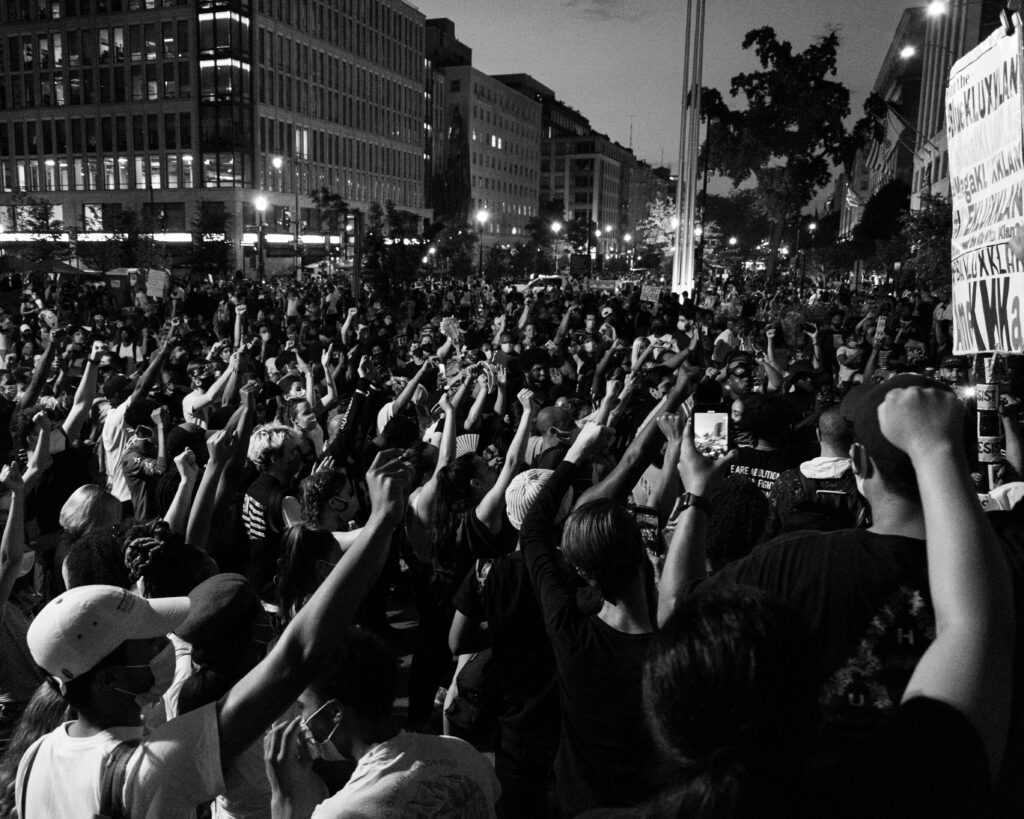
Part 1: First Things | Part 2: The Landscape | Part 3: Levels of Authority
It’s time to get down to brass tacks, as they say. We’ve looked at the key biblical material on authority and civil disobedience; now how do we live that out today?
What do we do when the government—the law—orders us to disobey Scripture?
Let’s get specific. Should you feed and house an illegal immigrant (or undocumented migrant, if you prefer)? Should you hide him from ICE? Should you lie to ICE? Should you try to stop them physically?
You and I have Christian brothers and sisters who are asking themselves these questions right now, and who need answers—right now.
Let me suggest a pathway for thinking through to a wise and right decision.
First thing first: recognize that God has providentially brought you to this place for His purposes (Ps 37.23). This issue didn’t come out of nowhere, and you are precisely where you are by the will and plan of God. He will provide the wisdom you need to make a right decision.
Further, a significant part of his plan is to develop in you the character of Christ (2Co 3.18). Look for His purpose in your own character development, submit humbly to it, and pursue it. That might include improving your understanding of his Word, interacting appropriately with other believers (especially those further down the path of sanctification than you are), deepening your prayer life—Jesus, the perfect Son of God, felt the need to pray all night sometimes; how about you? and me?
Evaluate your disagreement with the authority figure in light of the Bible’s teaching. Be honest with yourself. And as I noted earlier, consider carefully the thinking of believers, particularly long-time believers, who disagree with you. To do this, you’re going to have to swim against the polarizing forces in the current culture. You’re going to need to talk calmly and respectfully with people you disagree with.
Nobody does that anymore.
Further, recognize your own limitations. You cannot reliably discern motives, nor can you know all the considerations in any decision by an authority.
If you are convinced that the authority is acting unbiblically, begin by submitting to the authority’s procedure(s) for challenging the decision. It is not an accident that you are under that particular authority. Most of us live in a democratically oriented state system, and there are things we can do short of burning it all down. We can interact with those in authority; and there are legal ways to exert political pressure.
If your conscience, informed by Scripture, forbids you to submit to that authority’s procedures for redress, then disobey humbly and graciously, and submit to the penalty. On the other hand, if you can and do follow the procedures, and the authority overrules your plea, then you need to make the same decision: must you disobey in order to protect your conscience? If so, then do so, and accept whatever penalty the authority determines.
Let me add a rider to this. The Bible indicates that Paul responded to government persecution in various ways. As mentioned in the previous post, sometimes he went underground with his civil disobedience (2Co 11.32-33). Some would see that as evidence that you need not disobey publicly and take the penalty. Fair enough.
More often, however, Paul disobeyed publicly and faced the state’s response squarely. But even in these cases his tactics varied. Once, tied to a whipping post, he asserted his right as a Roman citizen by turning to the nearest official and saying essentially, “Say, isn’t it illegal to beat a Roman citizen without a trial?” (Ac 22.24-29). At which point the whip disappeared.
That story always makes me laugh.
Earlier in his career, he used a different tactic. In Philippi, he and his colleague Silas took the beating, making no mention of their rights (Ac 16.22-24). The next day they confronted the authorities by revealing their Roman citizenship (Silas was apparently a citizen too, Ac 16.37), a fact that put these authorities in jeopardy of the death penalty. Paul insisted on a public escort out of town and even took the group by the church’s house (Ac 16.39-40), as if to say, “These are my friends. It would be a shame if anything happened to my friends.”
Is it too strong to say that Paul was blackmailing them? That’s a good question.
Paul knew how the system worked, and he worked it, to his own advantage and to that of the work of the kingdom.
Even an unjust steward knows how to do that (Lk 16.8).
Jesus instructed us all to be “wise as serpents and harmless as doves” (Mt 10.16). In this chaotic culture, he will enable us to do that.
Together.
Photo by Koshu Kunii on Unsplash
